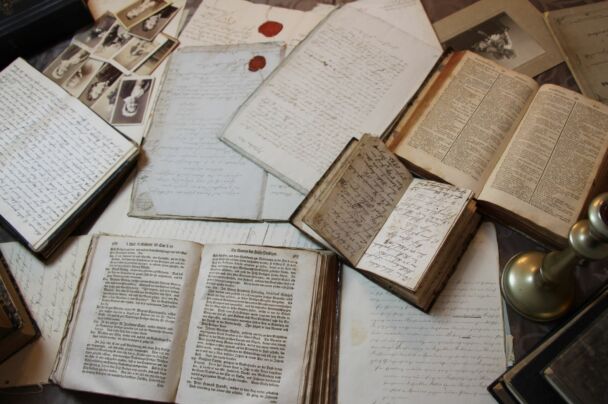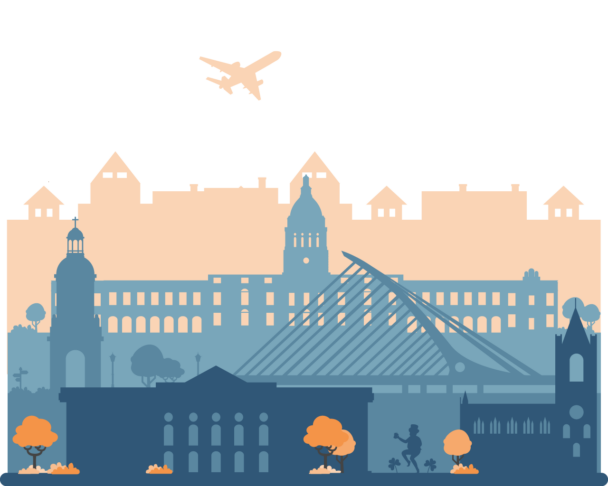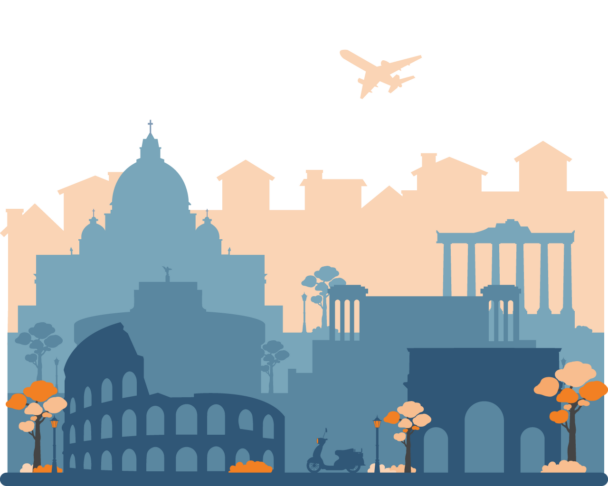Description
Targeted to B1 speakers or above. Read more »
At the B1 CEFR level, learners comprehend the main points of clear texts on familiar subjects and handle most situations while traveling. They can produce simple connected texts, expressing experiences, opinions, and plans in a concise manner.
Stories and tales are all around us. In every corner of the world, we find a collection of stories that explain the culture and traditions of local communities. They give us information about a place, its history, and its entire imaginary world.
Furthermore, tales, myths, and legends are the perfect means to learn and/or teach languages in an entertaining way. They combine aspects and features that make it easy to transmit cultural subjects, history, and folklore.
Myths and legends can also be applied in infinite combinations in the classroom through activities, which enables the student to learn a new language and develop a cultural understanding of the native speakers.
The course will introduce how to use tales, myths, and legends to teach languages in the classroom.
In particular, participants will get to know local tales and myths, and experience practical activities for teaching languages using local and traditional stories. They will also learn how to efficiently apply them in the classroom through various activities, covering different areas and teaching styles.
The course will help the participants discover the power of tales and myths from an educational perspective, diving into the knowledge of their own culture.
By the end of the course, participants will become highly proficient in teaching their local history and language in their classrooms, enhanced by the cultural potential and dimensions these myths bring.
What is included
Learning outcomes
The course will help the participants to:
- Acknowledge the influence that tales and stories have in contemporary culture;
- Identify how to apply storytelling and tales to learning languages;
- Understand how to use storytelling in their teaching and educational activities;
- Adapt folklore and myths to a different level of proficiency;
- Create content based on local stories and myths;
- Share culture with tales and myths.
Tentative schedule
Day 1 – Introduction to the course
- Introduction to the course, the school, and the external week activities;
- Icebreaker activities;
- Presentations of the participants’ schools;
- Introduction of local stories by the participants;
- The importance of local stories for local communities.
Day 2 – Learning languages with local tales: books, games, and plays
- Identifying the right material and type of content;
- Defining learning objectives through dance and songs;
- Adapting the type of content to age and proficiency.
Day 3 – Learning languages with local tales: traditional songs and dances
- Identifying the right material and type of content;
- Defining learning objectives through dance and songs;
- Adapting the type of content to age and proficiency.
Day 4 – Learning languages with local tales: audiovisual representation of the tales
- Identifying tools to use in the classroom: video, sources, augmented reality;
- Audiovisual storytelling: how to integrate these resources into educational activities;
- How to create your own storytelling project using audiovisual tools.
Day 5 – Building a course plan based on local stories
- How to design a course including the three components seen during the week;
- Presentation to the group and peer feedback;
- Discussing the outcome of these projects.
Day 6 – Course closure and cultural activities
- Course evaluation: round-up of acquired competencies, feedback, and discussion;
- Awarding of the course Certificate of Attendance;
- Excursion and other external cultural activities.


